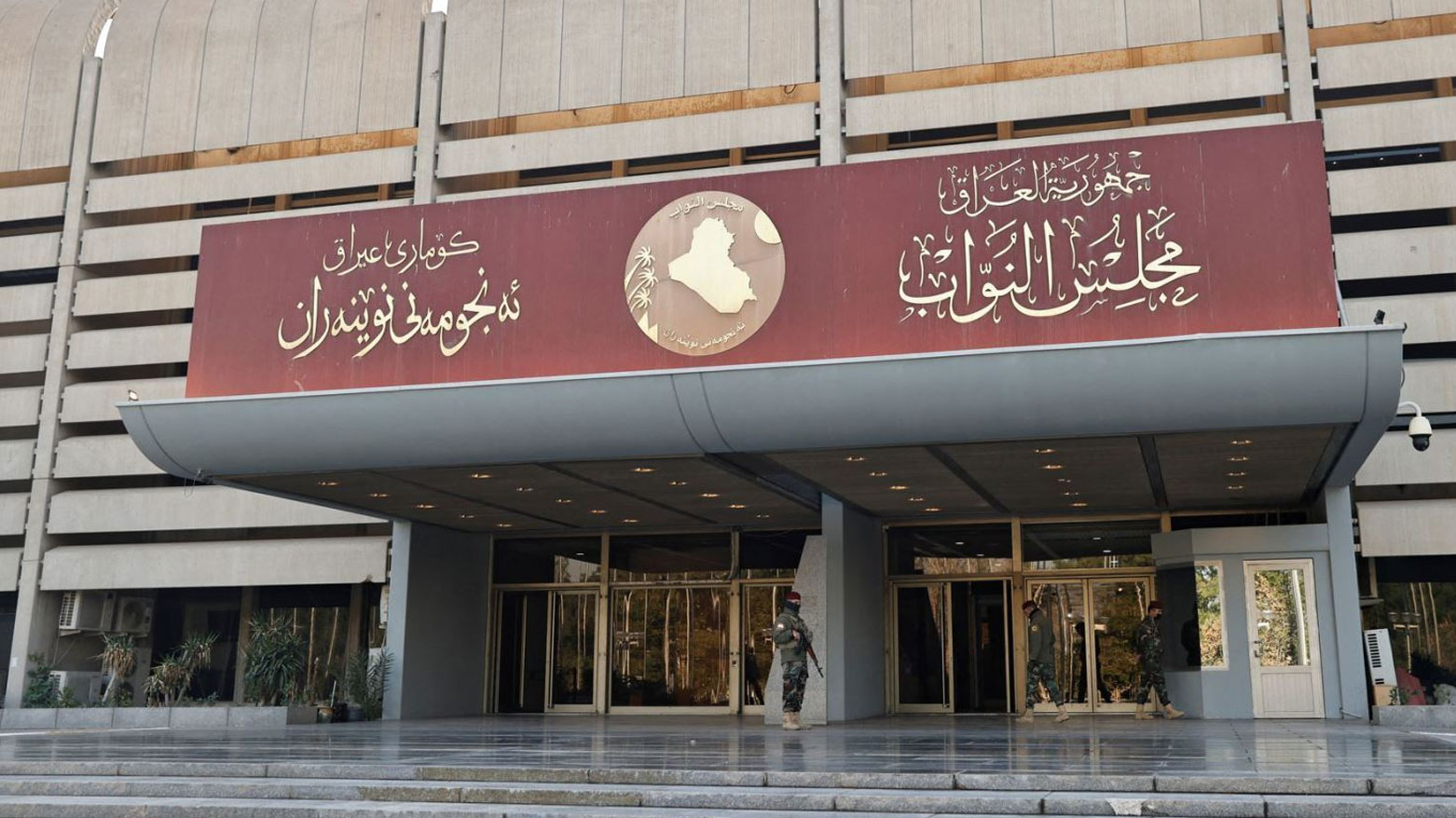Iraqi Parliament to vote on three crucial laws
The parliament has previously attempted to vote on these legislative packages twice, but failed to reach consensus among different political factions.

ERBIL (Kurdistan24) – The Iraqi Parliament is scheduled to convene today, Sunday Oct. 27, 2024, at 1:00 PM to vote on three sensitive and significant pieces of legislation that address longstanding demands from various political constituencies.
Key legislations under consideration are:
1. General Amnesty Law (Sunni demand)
2. Amendment to the Personal Status Law of 1959 (Shiite majority demand)
3. Cancellation of Revolutionary Command Council decisions regarding property ownership and return of confiscated properties (Kurdish demand)
According to a parliament member, if the property restoration law passes, Kurdish farmers would reclaim lands that have been confiscated for more than 50 years.
The parliament has previously attempted to vote on these legislative packages twice, but failed to reach consensus among different political factions.
Personal Status Law Sparks Debate Over Religious Authority
The proposed amendments to the historic 1959 Personal Status Law have emerged as particularly contentious. The changes would allow Iraqis to choose between Shia or Sunni legal frameworks for personal matters, marking a departure from the current unified system.
Under the proposed modifications, religious interpretations would take precedence in cases where family members disagree on applicable laws. The amendments also mandate that the Shia and Sunni Endowment Councils collaborate with the State Council to develop a comprehensive religious ruling code within six months of enactment.
While Shia representatives within the Coordination Framework defend the amendments as constitutionally sound, civil society groups have mounted strong opposition. Critics argue the changes could legitimize child marriage, compromise women's rights to alimony and custody, and reverse decades of civil law progress.
General Amnesty Law Returns Amid Security Concerns
The General Amnesty Law, historically tied to political compromises since 2008, has reemerged as a key demand from Sunni blocs within Prime Minister Mohammed Shia al-Sudani's "State Administration" coalition. However, the law faces resistance from within the Shia Coordination Framework over potential security implications.
To address these concerns, lawmakers have proposed excluding individuals convicted of terrorism, human trafficking, drug offenses, and crimes against national security from the amnesty provisions.
Property Restitution Law Seeks to Address Historical Injustices
The Property Restitution Law, backed by all five Kurdish parliamentary blocs, aims to reverse Baath Party-era land confiscations in regions covered by Article 140 of the Iraqi Constitution. The legislation specifically targets decisions from the 1970s that displaced Kurdish and Turkmen farmers in favor of Arab settlers, particularly in Kirkuk.
Kurdish representatives have engaged in extensive negotiations with Shiite and Sunni groups to build support for the law, including meetings with Hadi al-Amiri, who chairs the Government Committee for Implementation of Article 140.
Historical Context
This legislative session represents a significant opportunity to address historical grievances, particularly regarding property rights in Kurdish areas.
The proposed law would overturn decisions made by the former Revolutionary Command Council and restore properties to their original owners.
Updated: 11:00 AM